Today's core language
Recently, foreign technology website Fanlees Tech exposed Intel's upcoming 6th generation low-voltage processor product roadmap, which allows us to know ahead of Apple's next-generation MacBook Air processor. Another US brokerage, Northland Capital Markets, released the latest report that Intel’s mobile phone business lost more than $4 billion last year, but Apple has extended a helping hand. It is said that Intel may get half of all the baseband chips of the upcoming iPhone, which will bring in an additional $1.25 billion in revenue. For more information on technology, please pay attention to the daily electronic core morning newspaper.
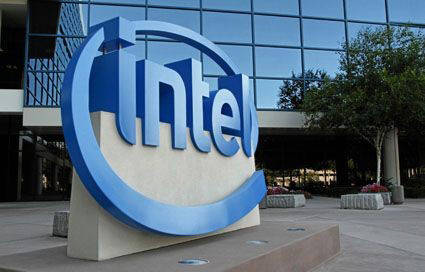
First, the semiconductor
1, Intel's sixth-generation processor details exposure, the first to apply to the MacBook Air. Recently, foreign technology website Fanlees Tech exposed Intel's upcoming 6th generation low-voltage processor product roadmap, which allows us to know ahead of Apple's next-generation MacBook Air processor. From the roadmap, we can see that, like the older U-series processors, the new Skylake low-voltage processor TDP is 15W, positioning ultra-portable mobile devices, including 3MB to 4MB L3 cache, supporting Hyper-Threading. The i5 and i7 models support Turbo Boost Technology. Processing performance is 10% to 20% higher than Broadwell products, and energy consumption is lower.
2. Apple's new iPhone will use Intel chips. US brokerage Northland Capital Markets released the latest report showing that Intel's mobile phone business lost more than $4 billion last year, but Apple lends a helping hand. It is said that Intel may get half of all the baseband chips of the upcoming iPhone, which will bring in an additional $1.25 billion in revenue. For many years, Apple has been using Qualcomm chips. VentureBeat reported in March that Apple and Qualcomm are currently in a "relationship instability." Qualcomm’s revenue has fallen 14% year-on-year, and plans to lay off 15% have been announced. Intel and Apple have not immediately commented on this.
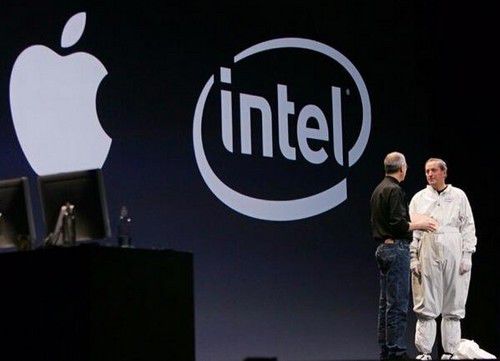
Second, the sensor
1. iSkin: Lets you control your smartphone through the skin sensor. On August 13th, researchers at the Max Planck Institute for Informatics in Germany created a rather special electronic film that uses pressure-sensitive sensors that can be applied to human skin. iSkin uses silicone rubber and medical grade adhesives that users can stretch or bend to fit the body and easily take off to the device. To be precise, it is a flexible film with an electronic sensor. The current usage scenarios of the iSkin prototype include: controlling the smartphone, such as displaying the QWERTY full keyboard on the forearm. This wearable device currently requires a connection.
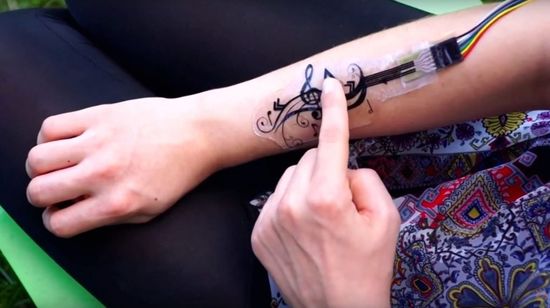
Third, intelligent hardware
1, Dong Mingzhu: The second generation of Gree mobile phones do not fight millet to fight apples. Recently, the “Million-kilowatt nuclear power water-cooled centrifugal chiller (fixed frequency)†independently researched and developed by Gree Electric Appliances has carried out scientific and technological achievements evaluation in Zhuhai. The expert group unanimously determined that the unit has reached the “international advanced†technical level. Gree Electric Chairman and President Dong Mingzhu said in an interview that this is the embodiment of Gree's higher level and higher ability in terms of concept, R&D and design, manufacturing and quality control. "Products at the nuclear power level can be done, and other products can't do it." According to her introduction, Gree has entered the field of high-end equipment and developed it as another industry outside of home appliances. In the field of mobile phones that are highly concerned by the outside world, Gree’s goal in the future is not to use Xiaomi but Apple.
2, Google developed a new blood glucose meter: no blood can be tested. According to foreign media reports, the original Google life sciences department, now Alphabet's independent company Life Sciences announced this week will cooperate with well-known continuous blood glucose monitoring system manufacturer DexCom to develop a bandage-sized cloud-connected sensor to help people monitor Blood sugar levels. Most of the traditional blood sugar tests use the method of puncturing the fingers to collect blood. This method is not only inconvenient, but also makes people feel uncomfortable in terms of pain. This Life Sciences sensor will be painless, networkable, compact, free to use and low cost, and will provide real-time blood glucose level data.

Google develops new blood glucose meter (picture from TheVerge)
Fourth, automotive electronics
1. Charging while driving? British is the first to test electric vehicle wireless charging technology. Most electric cars need to be recharged when they travel about 100 miles (about 161 kilometers), but according to the British "Daily Mail" reported on August 11, the UK is currently implementing a wireless charging device for electric vehicles, which is carried out nationwide. The pilot, if successful, will implement the technology on British highways and main roads. It is understood that this charging device is installed under the road surface, called "dynamic wireless transmission" technology, the electric car can be charged on the road at any time, no need to stop in the station, which really solves a big trouble for the owner.
2. Audi will cooperate with LG Samsung to develop an all-electric SUV. Beijing time on August 14 morning news, Audi is planning to develop an all-electric SUV, a mileage of more than 310 miles (about 500 kilometers). This model will become a direct competitor to Tesla's upcoming Model X. Audi is about to work with a number of battery manufacturers to develop batteries for this model. According to an agreement announced on Thursday, LG Chem and Samsung SDI will supply Audi with battery products from European factories. In addition, the two Korean manufacturers will also invest in research and development of battery technology in Europe.
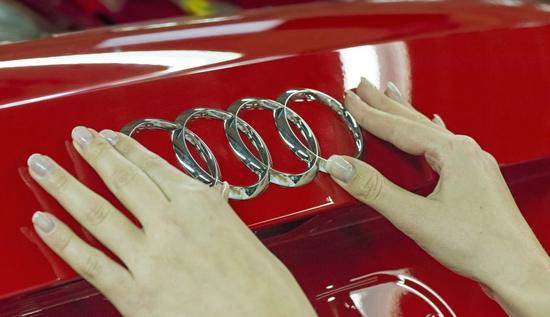
Five, touch sensing
1. Apple's new patent: You can share photos by brushing your face. According to foreign media reports, the US Patent and Trademark Office (USPTO) passed an Apple patent application on Thursday. Apple refers to this patent as "the system and method of sending digital photos." Specifically, this is a way to pass facial recognition logic and share the results with other users via email, SMS or other means.
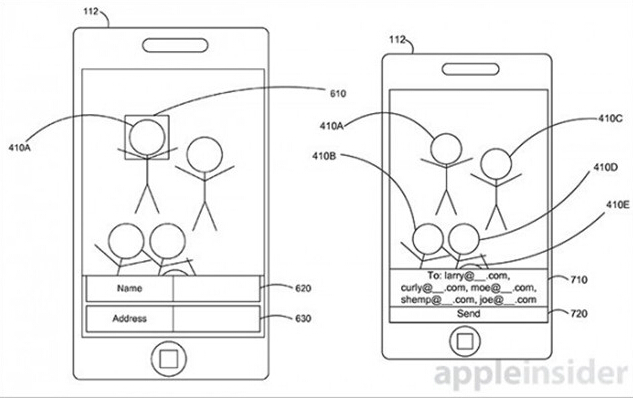
Pcb/Fpc Membrane Keypad,Membrane Keyboard,Fpc Membrane Keyboard,Customized Membrane Keypad
CIXI MEMBRANE SWITCH FACTORY , https://www.cnjunma.com